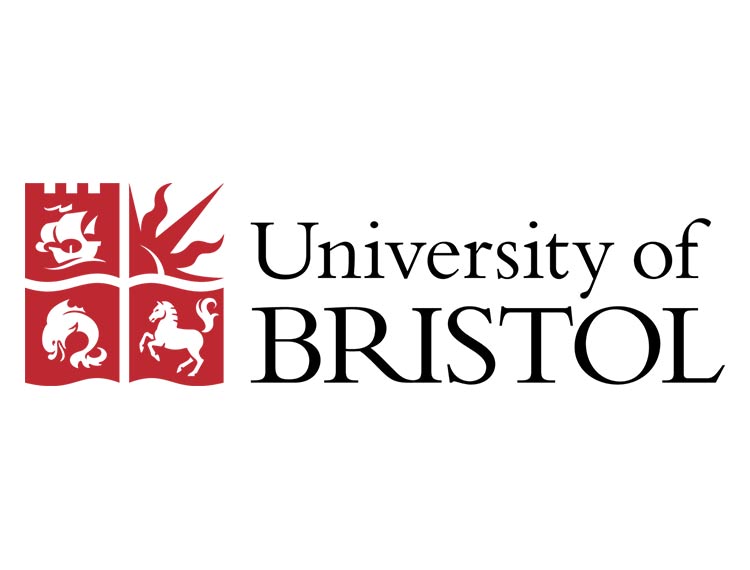Over a quarter of those engaging with esports betting tweets in the UK are children

Conventional bookmakers are now offering esports odds in response to the growing popularity of professional competitive playing of computer games, as illustrated by the first ever Fortnite World Cup in America which had a $30 million prize fund.
New research, published today [20 August] by Demos and the Department of Management at the University of Bristol, reveals 28 per cent of those retweeting or replying to esports betting tweets in the UK are children under 16.
This is over five times the amount responding to traditional bookmakers (five per cent). The figure rises to a staggering 45 per cent for esports worldwide.
The Biddable Youth report (PDF, 1,656kB), which explores this new field of gambling online, analysed over 888,000 betting-related tweets over a period of nine months in 2018.
Analysis shows 74 per cent of esports tweets and 68 per cent of traditional sports tweets appeared not to comply with advertising regulations in some way – for example, presenting gambling as an income source or encouraging gambling at unsociable times.
Showing a person under 25 in a gambling advert is against regulations – but as most professional esports players are in this age bracket the rules are flouted again and again.
Parents and teachers are likely to be completely unaware of gambling advertising on social media as, through the use of cryptocurrencies, children may be able to place bets without access to a bank account.
In order to tackle these problems, the report is calling for technology companies to make better use of age verification tools and adtech to screen out children from gambling ads, and for regulators to both continue to pursue those breaking the rules and consider tightening regulations.
The report’s further recommendations include:
- Technology companies and advertisers working together to make embedding terms and conditions in messaging seamless
- A free, searchable database of gambling advertising on platforms, provided by technology companies
- More visible and frequent references to risk and age restrictions within advertising content included by advertisers
- A closer look at what type of advertising images, features, themes and techniques are drawing children to esports betting
Professor Agnes Nairn, from the University of Bristol’s Department of Management and co-author of Biddable Youth, said: “We were really surprised at the number of children actively engaging with esports gambling accounts. Yet with the massive growth in the esports industry, unless action is taken, we can only expect this figure to rise as sports and gambling seem to be inextricably linked.
“Our in-depth analysis of the content of gambling advertising Tweets leads us to believe that children’s esports gambling is currently under the radar in two ways: it’s online where parents won’t see it and it’s using clever content marketing such as amusing GIFS, memes, pictures and funny stories, designed to appeal to and implicitly influence young people.”
Josh Smith, Senior Researcher in the Centre for the Analysis of Social Media and Biddable Youth co-author, said: “This report explores a vital new field of gambling online, which encourages people to bet on the outcome of video games.
“We found that high volumes of messages are produced to appeal particularly to children, with thousands of children in the UK following and responding to this content. This report also shows that advertising regulations are being regularly flouted by gambling advertisers online.
“We hope this report serves as a call to action – both to technology companies to make it easier for gambling customers to get a clear picture of what they’re getting into, and to regulators who must continue to ensure that these new actors are compliant with regulation.”
Marc Etches, CEO of GambleAware, said: “One in eight 11 to 16-year-olds are following a gambling company on social media. This figure, coupled with this new report into esport betting, shows a need for technology companies to strengthen the age verification processes on social media platforms to help protect children and young people from this sort of exposure to gambling content online. It also brings to light the need for clearer and more regular messages about the risks of gambling to be displayed on gambling adverts online.”
Esports is the industry surrounding the professional competitive playing of computer games (mostly ego-shooters such as Counter Strike and Call of Duty). Its market size was $906 million in 2018 and is forecasted to reach $1.65 billion by 2020.
Regular tournaments around the world feature individuals or multiplayer-teams duelling each other for prize pools up to £24 million. Mass live venues such as the Royal Opera House in London attract thousands of live spectators and global audience reach is 451 million people with top tournaments attracting more than 60 million viewers – most of them young people and children.
The esports betting market is predicted to be worth almost $30 billion by 2020.











Responses